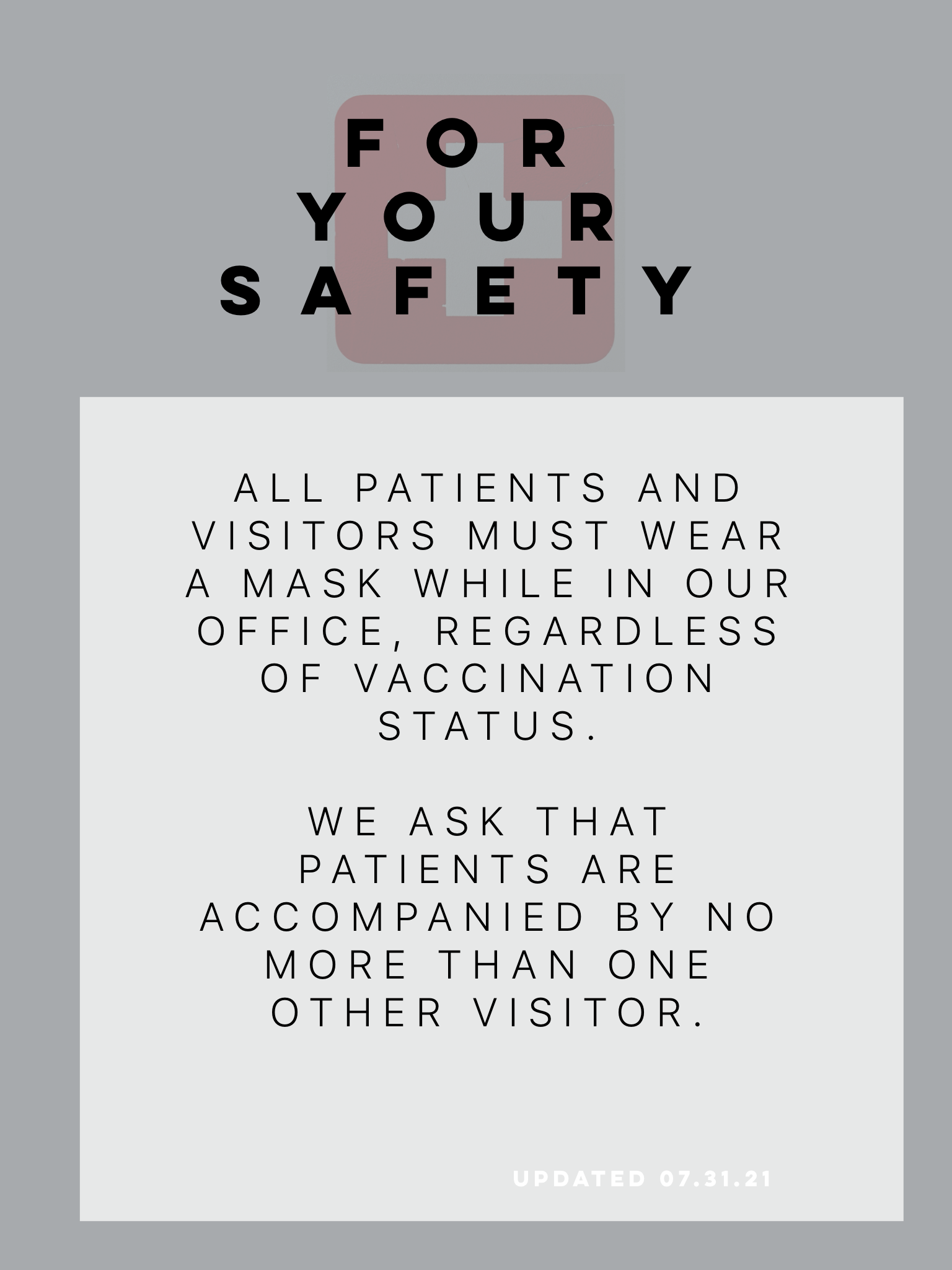If you have noticed that your hair has become thinner or you have balding spots? Hair is an important feature for men and women so hair loss can have a significant impact on your confidence. A hair transplant restores full, natural-looking hair growth using your own hair. At Specialty Aesthetic Surgery, we specialize in providing hair restoration that helps you look and feel like your younger, more energetic self.
What Causes Hair Loss?
Hair loss can have many causes. However, the most common and well-known cause is androgenic alopecia, a condition where hormonal changes affect the activity of your hair follicles. Men and women can have this condition, but it tends to appear as the classic balding pattern in men and as more diffuse thinning in women. Genetics plays a significant role in whether you develop androgenic alopecia or how early it begins. Hair loss has many other causes, so we may perform a range of tests during your consultation process to determine the underlying factors.












